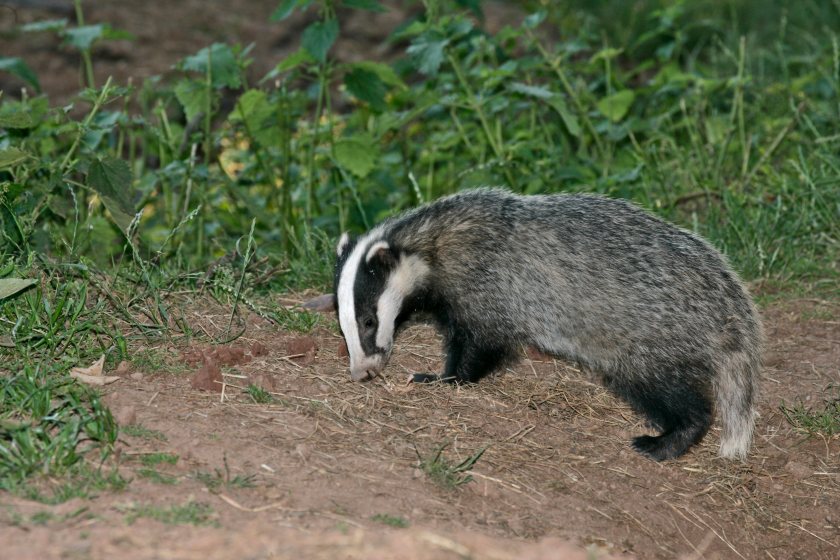
The government has authorised a new wave of badger culling across England, defying the advice of its own chief scientific adviser.
Natural England is understood to have approved supplementary badger culls in nine zones, including areas in Derbyshire and Wiltshire, with operations beginning immediately.
The culls are part of a wider strategy launched in 2013 aimed at reducing bovine TB in cattle by controlling local badger populations.
In addition, culling periods are expected to be extended from September in a further ten areas, ranging from the West Country to Northamptonshire and Cumbria, according to The Independent.
However, the decision goes against the recommendations of Dr Peter Brotherton, Natural England’s director of science.
Dr Brotherton advised that no supplementary culls should take place this year, stating there was “no justification” for continuing the practice.
Labour's own general election manifesto stated it would work with farmers "on measures to eradicate bovine TB, protecting livelihoods, so that we can end the ineffective badger cull.”
Opponents of the cull, including the Badger Trust, have condemned the decision and are preparing to launch a legal challenge against the government.
They argue the policy lacks scientific support and risks further damage to wildlife populations without significantly reducing bTB rates.
Nigel Palmer, CEO of Badger Trust, called the move "utterly indefensible": "The government has chosen to authorise another year of badger culling in the face of a legal challenge, scientific opposition, and public outrage.
"They promised change, but instead, are doubling down on a failed policy that has decimated badger populations without effectively tackling bovine TB."
Official government plans regarding supplementary licences are expected to be announced at a later date.
